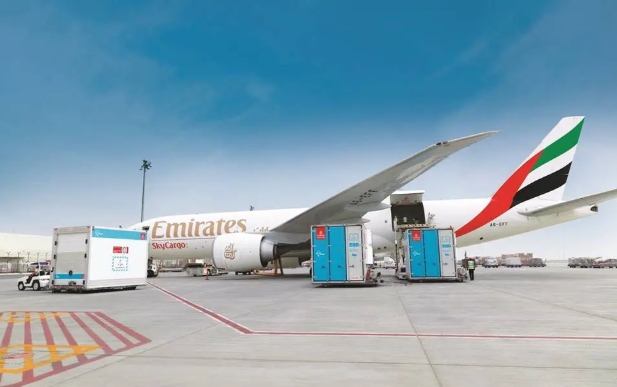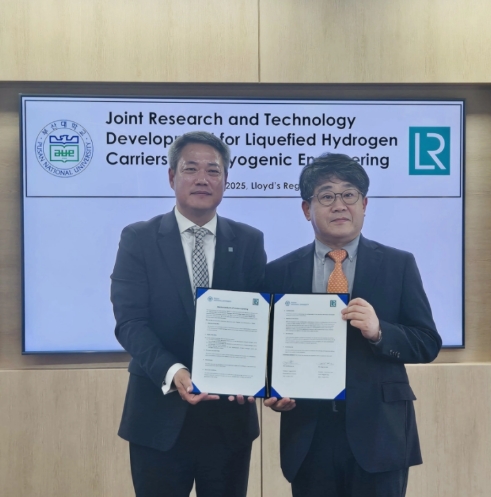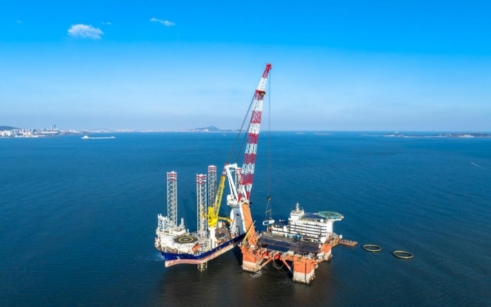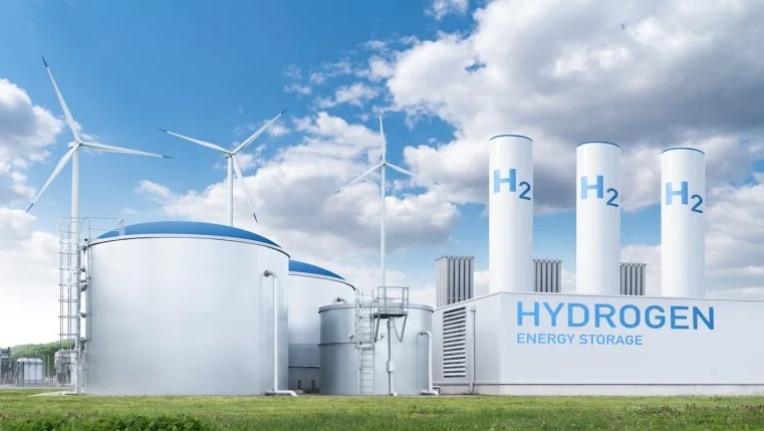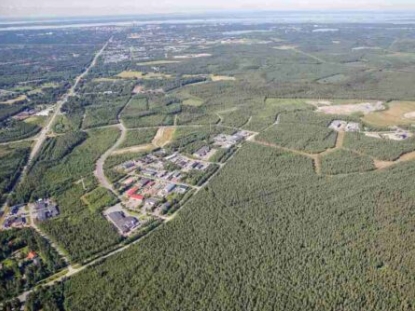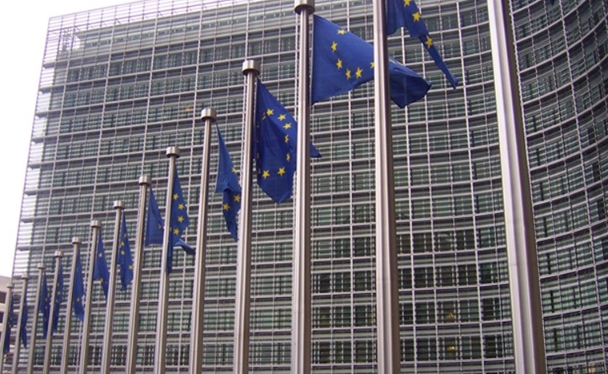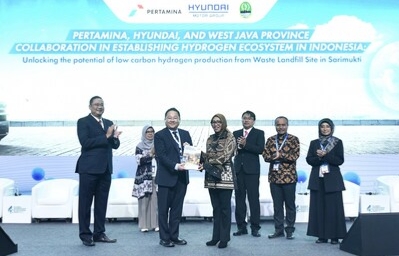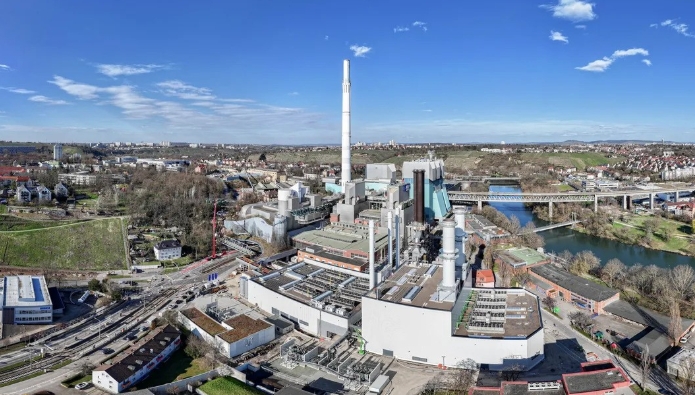The islands decarbonisation project IANOS has launched with support from the EU’s Horizon 2020 programme.
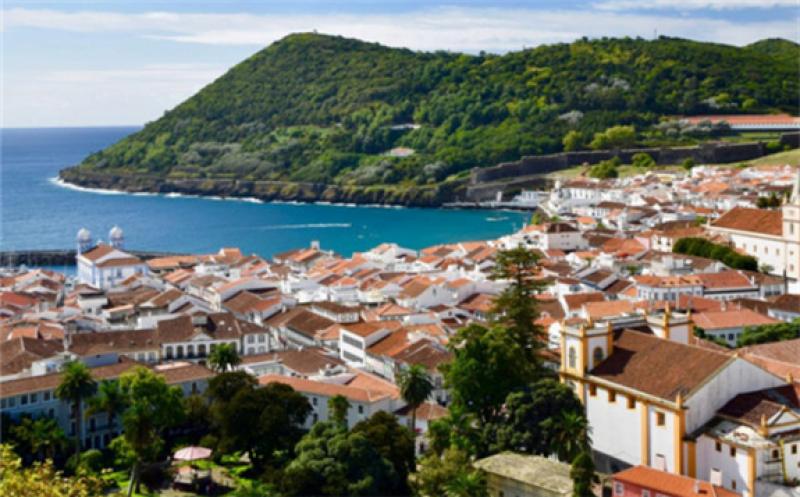 age: EDP
age: EDP
The ‘IntegrAted solutioNs for the decarbOnization and Smartification of islands’ (IANOS) project brings together 34 partners from across Europe to develop an energy community approach to support decarbonisation on the region’s islands.
The project will focus on two ‘Lighthouse’ islands, Portugal’s Terceira in the Azores and Ameland off the north coast of the Netherlands, where solutions will be developed and demonstrated.
These will then be replicated on three ‘follower’ islands, Lampedusa off southern Italy, Greece’s Nisyros in the Aegean Sea and Bora-Bora in French Polynesia.
The island energy transition strategy will be based on three tracks, i.e. energy efficiency and grid support for high renewable penetration, decarbonisation through electrification and non-emitting fuels, and empowerment of local energy communities.
Tools and solutions that are expected to be demonstrated include a virtual power plant platform, V2G, smart energy routers, hybrid transformers, flywheel storage, bio-based and heat batteries, an auto-generative digester and a tidal energy kite.
With their current local energy mixes, Terceira and Ameland are expected to act as lighthouses for geothermal and hydrogen-centred island economies respectively.
In total approximately 900 consumers and businesses are expected to participate in IANOS, which runs until September 2024.
Targets include a reduction of fossil fuel consumption by 379.7GWh/y, an increase in renewable energy utilisation by 83.6GWh/y, an increase in the accuracy of renewable forecasting by more than 10% and a reduction in the energy bills of end-users by more than 15%.
The project will see €121.6 million invested into the two lighthouse island ecosystems, followed by a further €60.4 million into the follower islands.
Project coordination is by EDP’s Centre for New Energy Technologies, which also will be responsible for the Terceira demonstration.
Europe counts more than 2,700 islands which are home to about 3.5% of its population and their decarbonisation is considered key to meeting the region’s climate targets.
